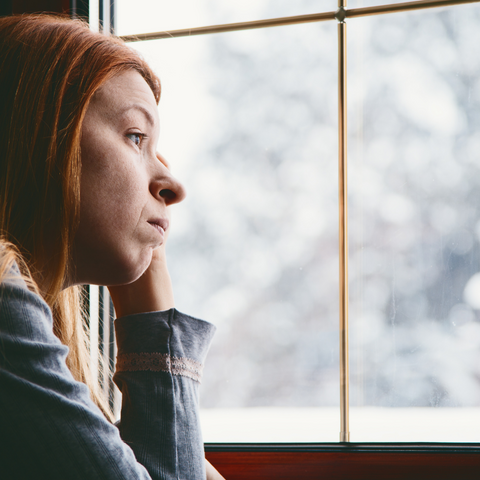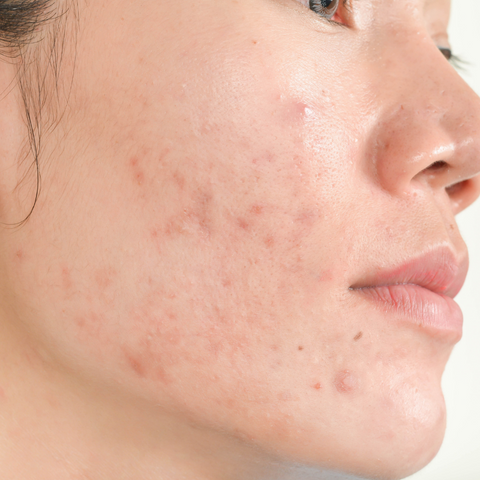As we begin to emerge from the shadow of the strict health and safety guidelines and restrictions in place during the COVID-19 pandemic that has ravaged the whole world, now, more than ever, we are beginning to realize the importance of nurturing our mental health, as well as our physical health.
Below are some techniques that you may be able to use in order to help clear your mind, focus your mind on a particular goal or help you heal from a traumatic situation, all of which may have a positive experience on your mental health.
While some of these remedies will work for some people, they might not work for everyone, and are only a guide to get you started. In order to find what truly helps you and makes you happier/more motivated or more content, then there is going to have to be trial and error, but don’t be afraid of failure, by making the first step in self-care and admitting you want to do something about how you are feeling, it is a big step in the right direction and will help you later in life as you continue your personal development.
Intro
Have you ever felt like when the colder weather and shorter days begin, that you feel a bit different, you’re not the only one. It’s not uncommon to struggle with fatigue, unexplained sadness, difficulty concentrating, and a change/disruption in your sleep schedule during the winter.
For some people, this change is temporary and it can be dealt with through a series of lifestyle changes, but for other people, their situation can deteriorate and it can lead to a mental illness called SAD (Seasonal Affective Disorder).
Winter Blues vs. Seasonal Affective Disorder
The most glaring differences between SAD and the “Winter Blues” is the severity of the slump, and how restrictive it is on a person’s daily life and their daily functioning.
Winter Blues
- Experiencing sadness during the Autumn/Winter months.
- Intermittent trouble with sleeping.
- Sporadic lack of motivation.
SAD
- Severe sadness during the Autumn/Winter months.
- Daily sleep and eating issues.
- Depression that limits normal functioning and motivation.
Feeling sad or down in the dumps sometimes, especially during the winter months, could be a sign of the winter blues. However, when this feeling of sadness interferes with your ability to function in your daily life, it could be something more serious. For many people, a lot of the gloom and sadness may be related to the lack of sunlight.
If someone is working from home, which is even more prevalent during the aftermath of the COVID restrictions or if they are commuting a lot, which is commonplace in Ireland also, the only sunlight they might see is before work, as it is often dark by the time a lot of people are leaving work during the winter.
SAD is different, SAD goes beyond gloom, and is highly detrimental to your mental health, your daily function and your lifestyle. You may begin to isolate yourself or you could experience anhedonia, which is the inability to enjoy things that typically bring you happiness. If your symptoms are getting this severe, it’s very important that you seek professional mental help immediately.
Similar to other mood disorders, it is possible for anyone to take action to lessen the severity of the symptoms associated with SAD or the winter blues.
Although it’s not possible for someone to change the weather or how much sunlight they get, there are various methods of self care you can engage in which may give you some relief from your feelings of sadness.
Tactics for improving your mood:
- Take a break from screens: Being indoors during the winter often means an increase in screen time, which may be video games, Netflix or it could be spent watching the news. It is very easy to get sucked into all the bad news being shared on the news all the time, and feelings of stress and despair can follow as a result. If it is possible, set aside one amount of time per day, for example 30 minutes, for news, and try not to engage with it after this, and it could help alleviate the feelings slightly.
- Boost your mood with food: Another massively important mental and physical decision is the types of food that you eat. Consuming foods high in protein in your meals can help you feel fuller, reduce snacking, and can help to regulate your mood throughout the day. Also, foods high in vitamin D such as fish or fish oil and vitamin D- rich foods like milk/orange juice/breakfast cereal and yogurt can help you to absorb more sunlight, which can help improve your mood also!
- Keep Up Your Sleep Routine: Sleep is a huge component of mood. Without enough sleep and a regular sleeping pattern, the body’s circadian rhythm can get disrupted, which can have an impact on hormone production, which affects mood.
- Exercise: Physical activity and exertion is known to boost mood, somewhat alleviate symptoms of depression, and reduce stress. Don’t overexert yourself, start slowly, and build up to a consistent daily routine that challenges you and forces you to push your body, as endorphins will be coursing through you, boosting your mood and bringing numerous physical health advantages also.
- Talk to someone: Loneliness and social isolation, much like what some people endured throughout the pandemic, tends to exacerbate the effects of “winter blues'', which is why a support network is so important. This network could include friends, family and co-workers, but make sure to include people who you are comfortable opening up to about your thoughts! Above all, you know yourself better than anyone, and if you think your feelings are not normal, and may lead to something more serious, reach out for professional help immediately. Remember, you are never alone!
Helplines:
- Pieta House- 1800 247 247
- Samaritans- 116 123
- Childline- 1800 666 666
Read more about coping with the winter blue HERE
Check out our range of Vitamins & Minerals HERE




